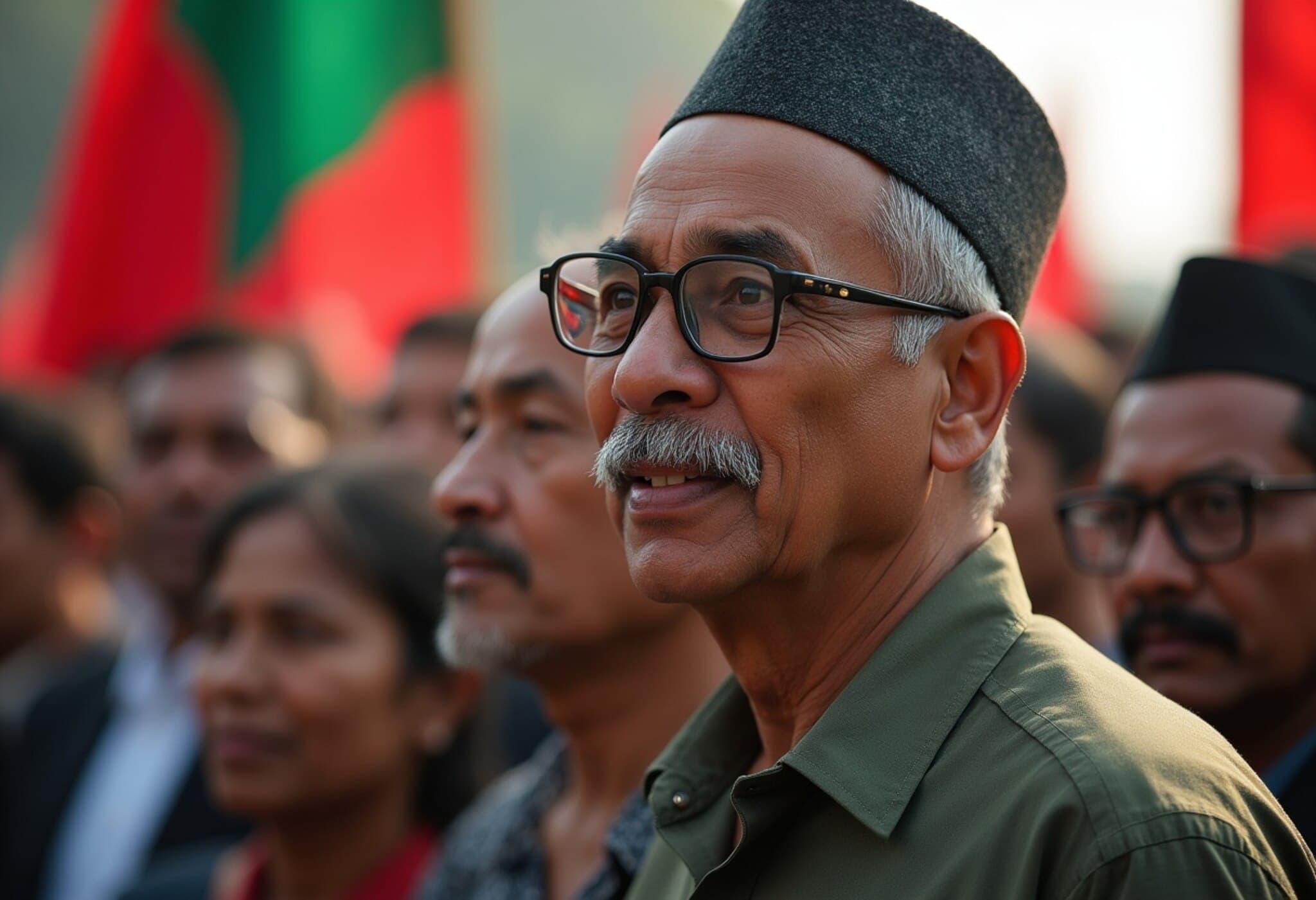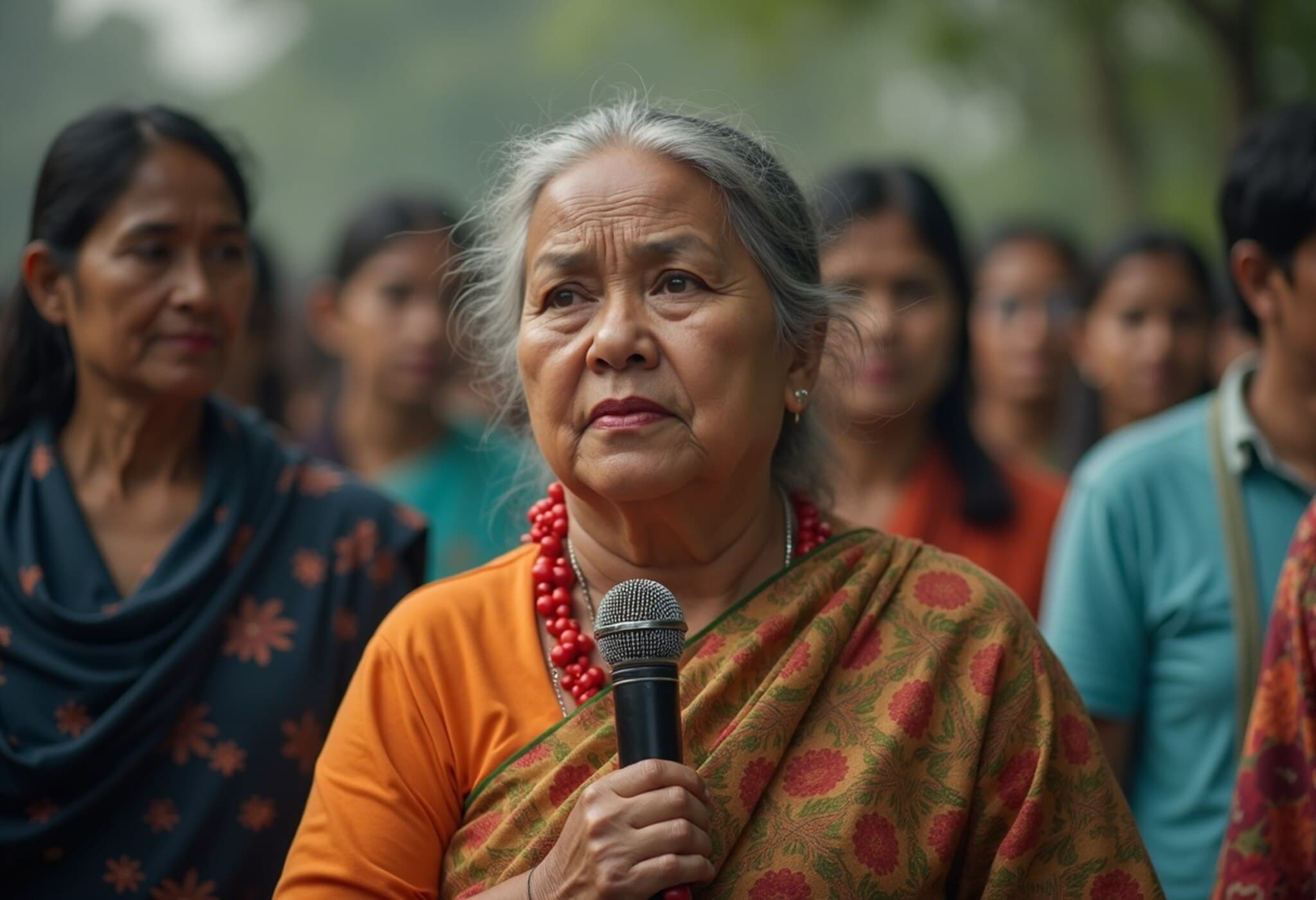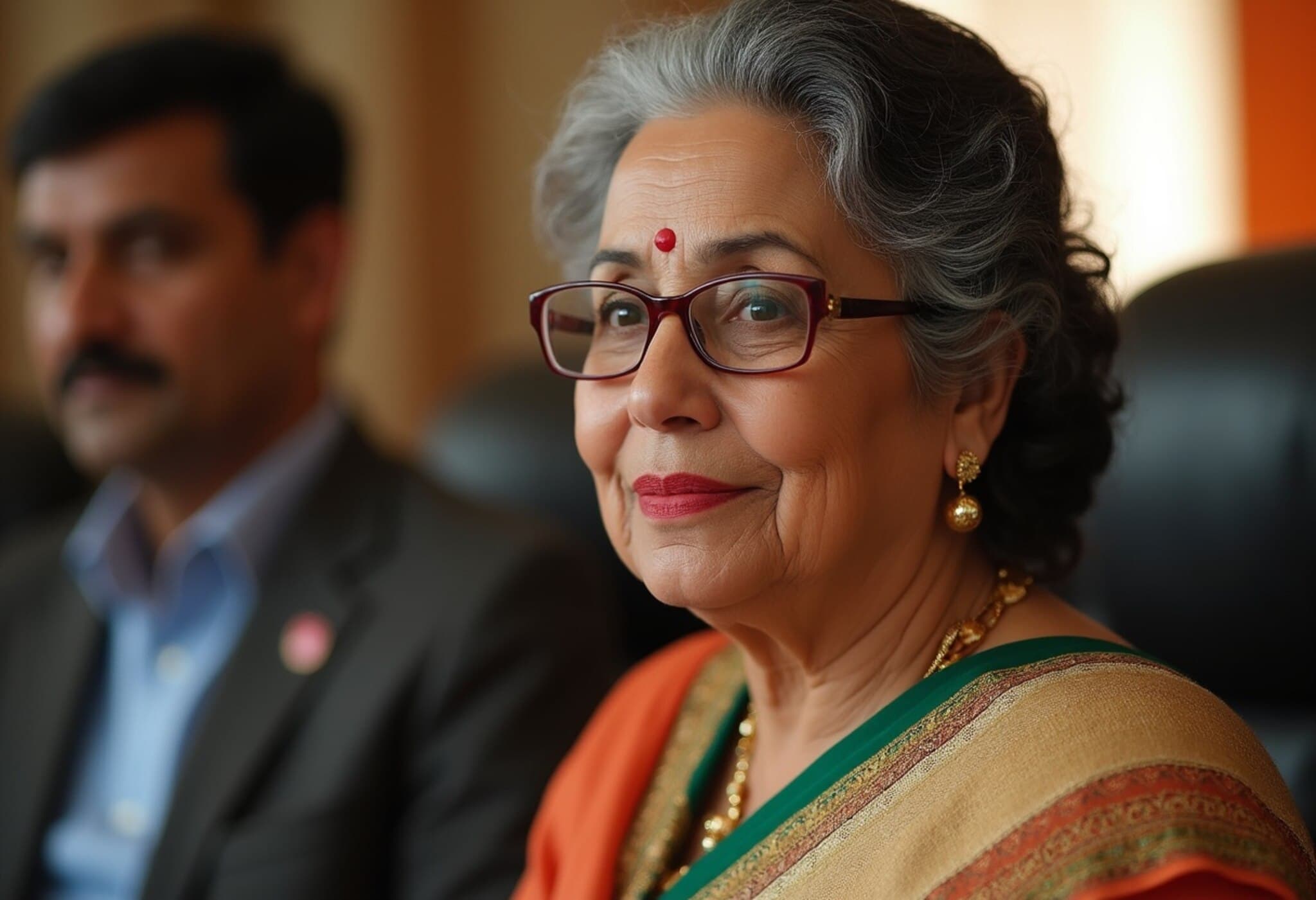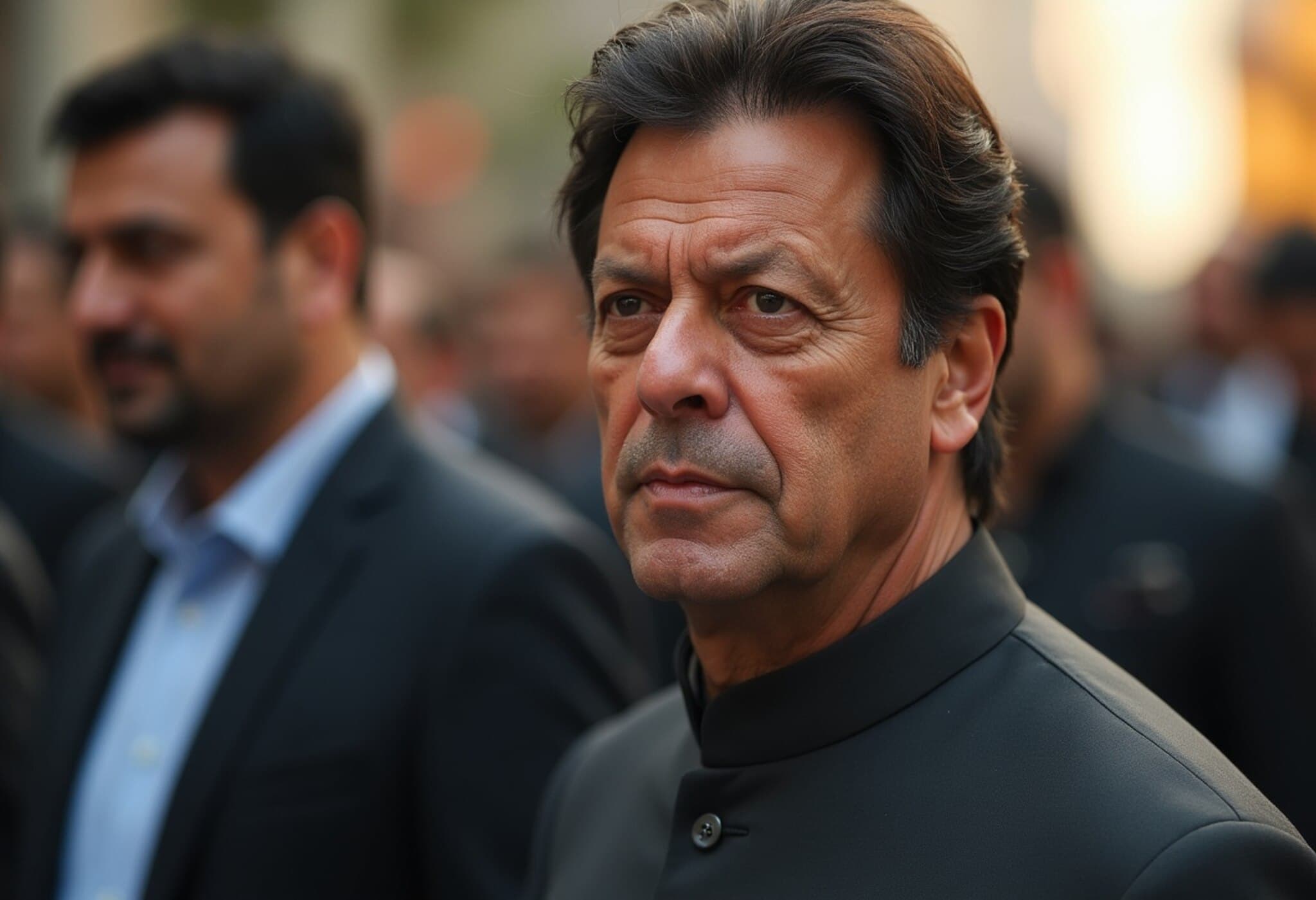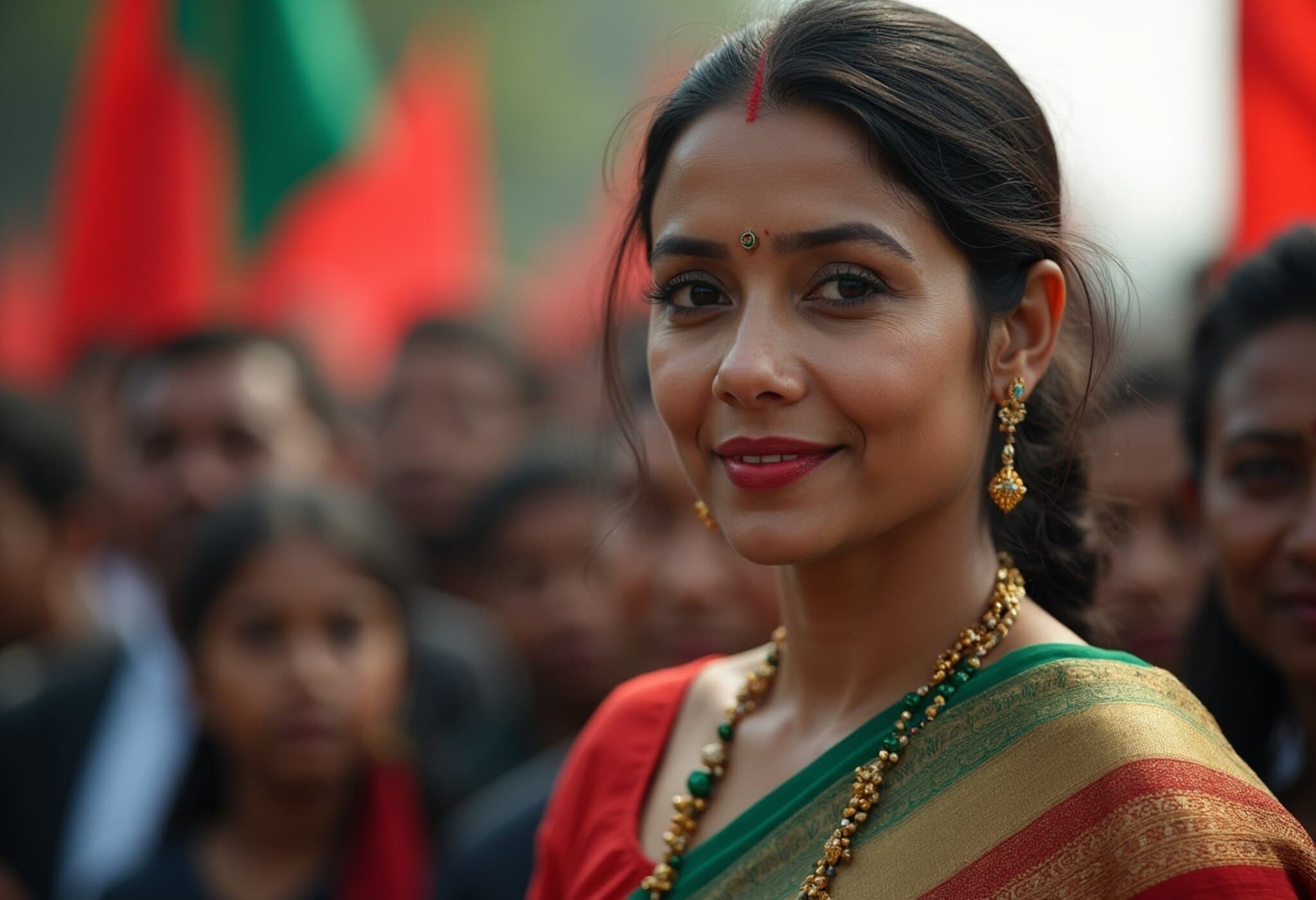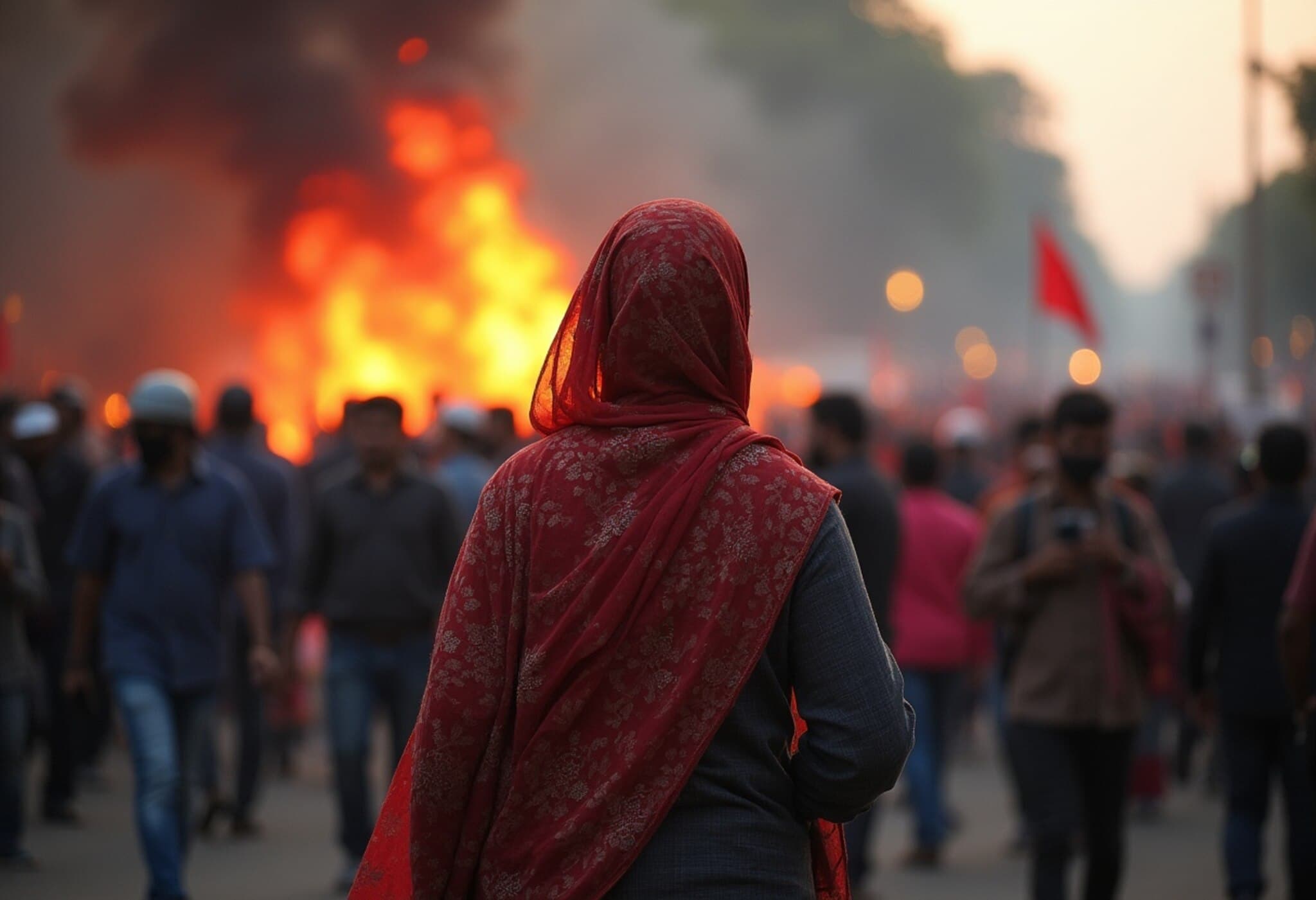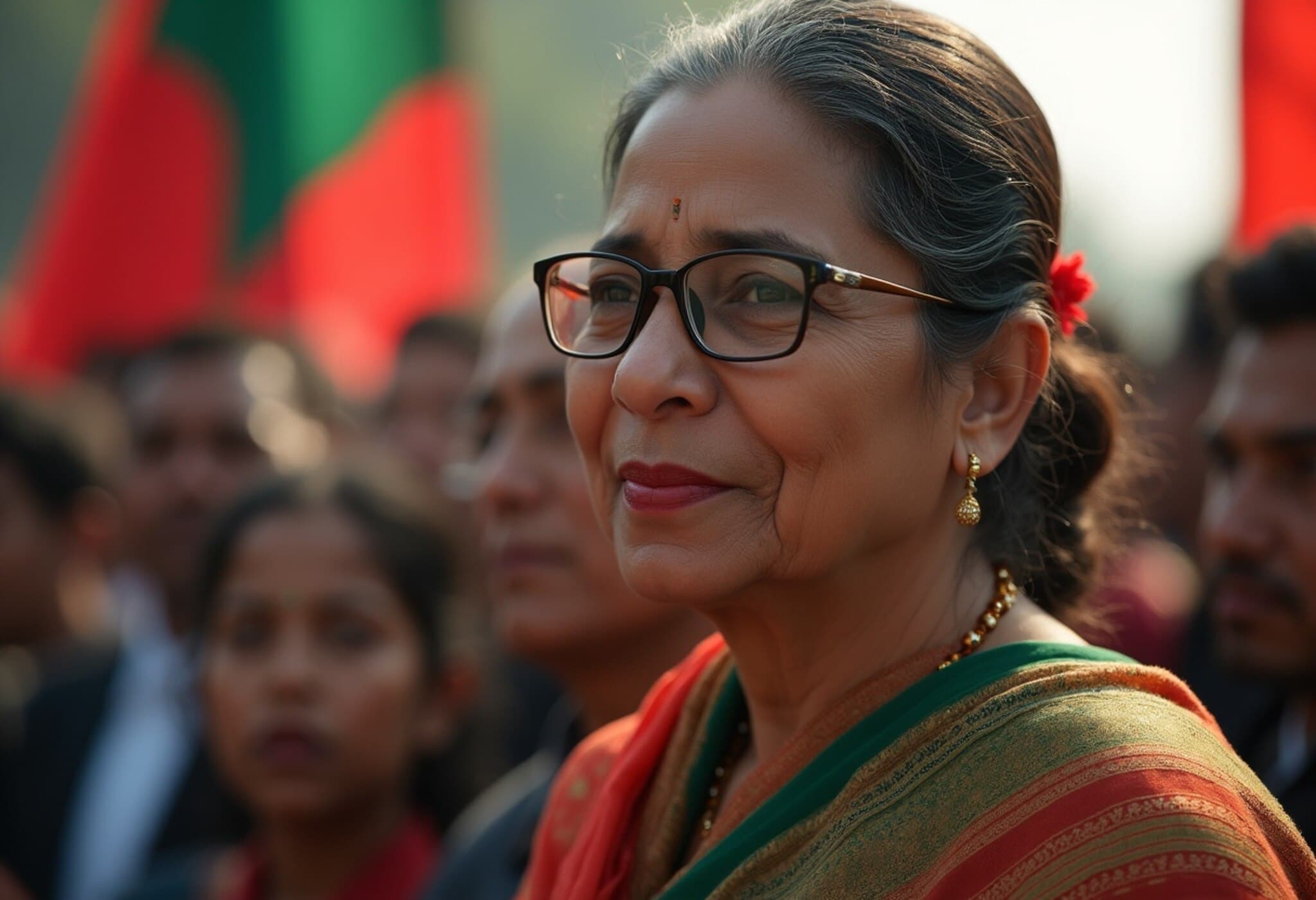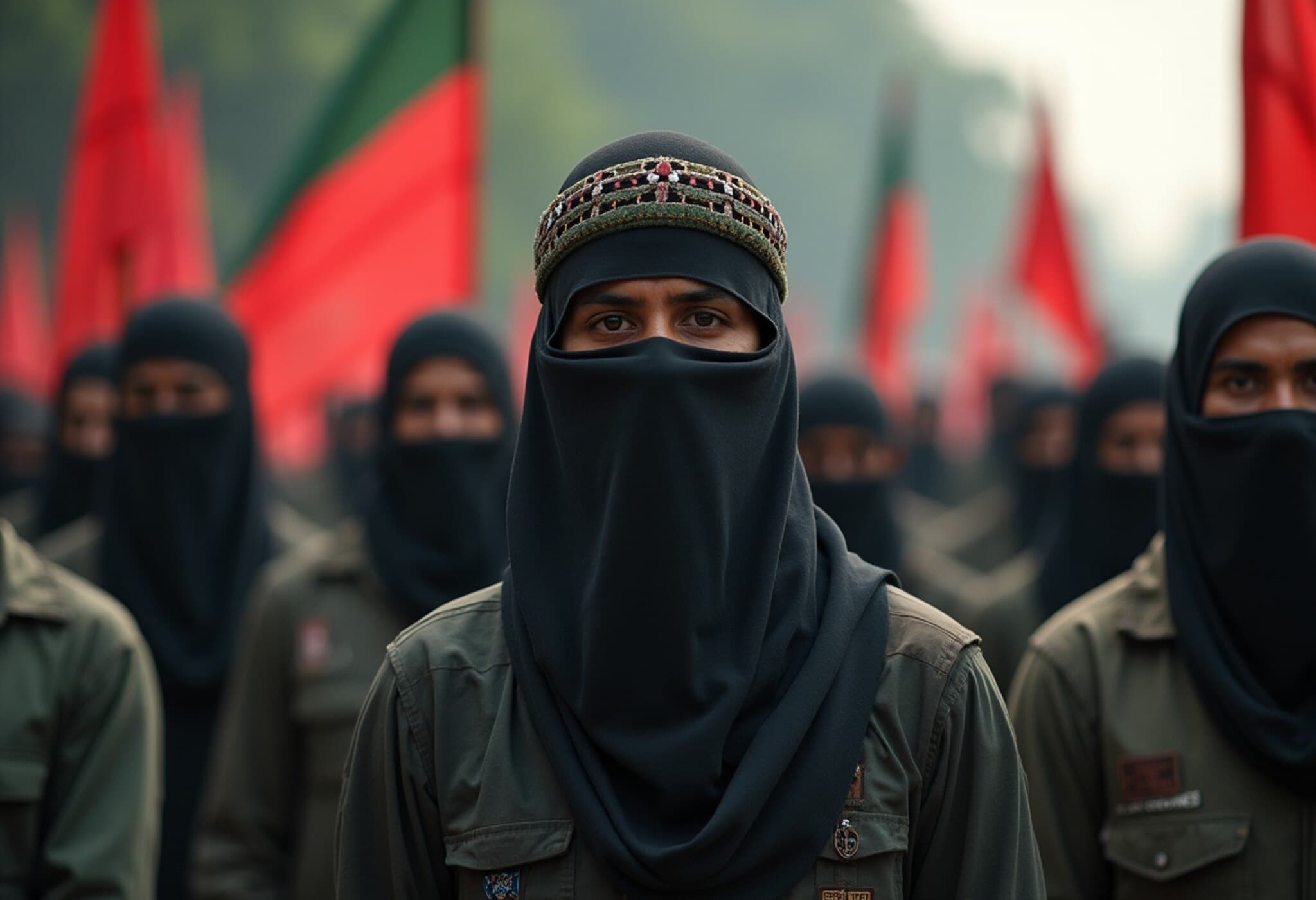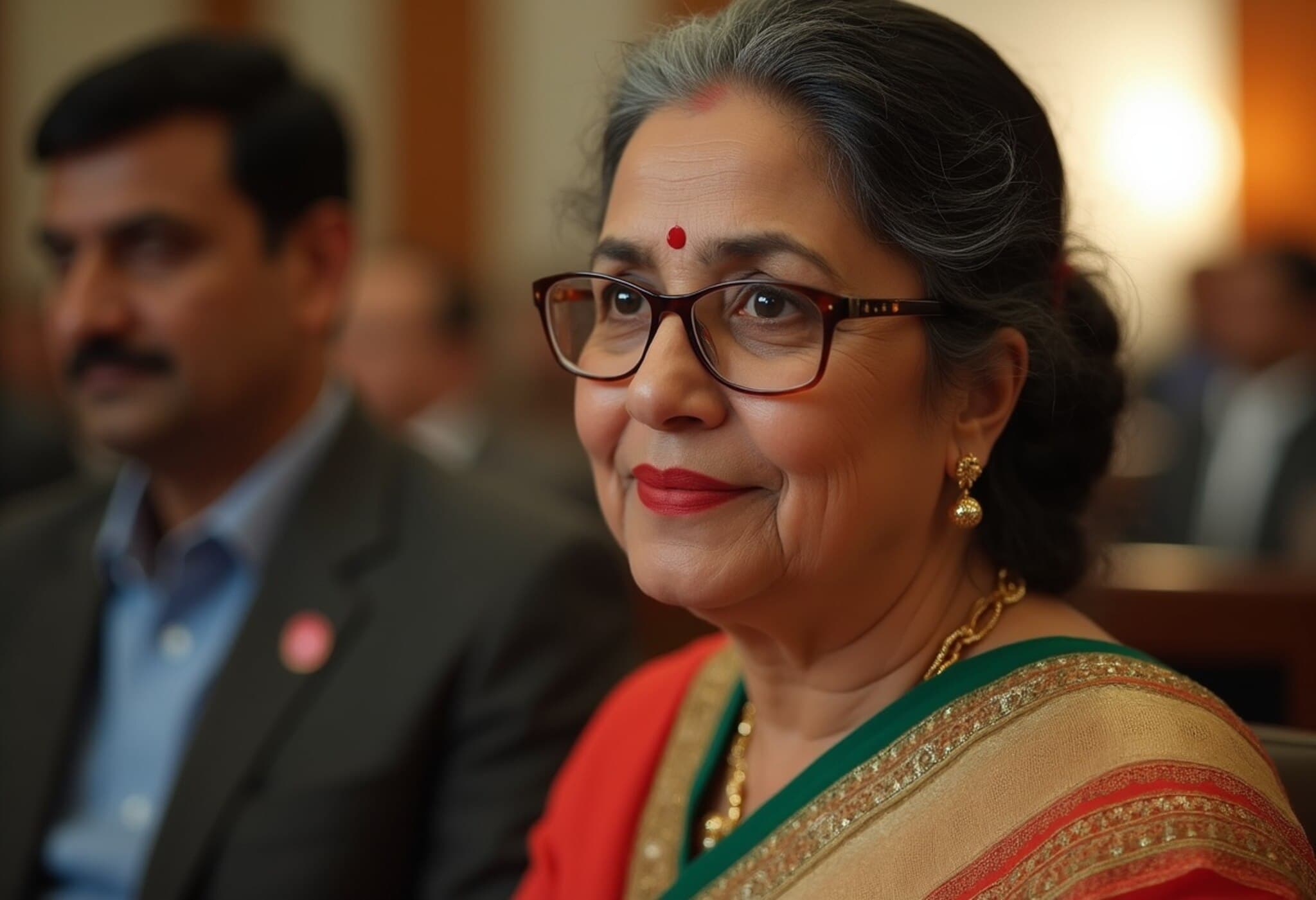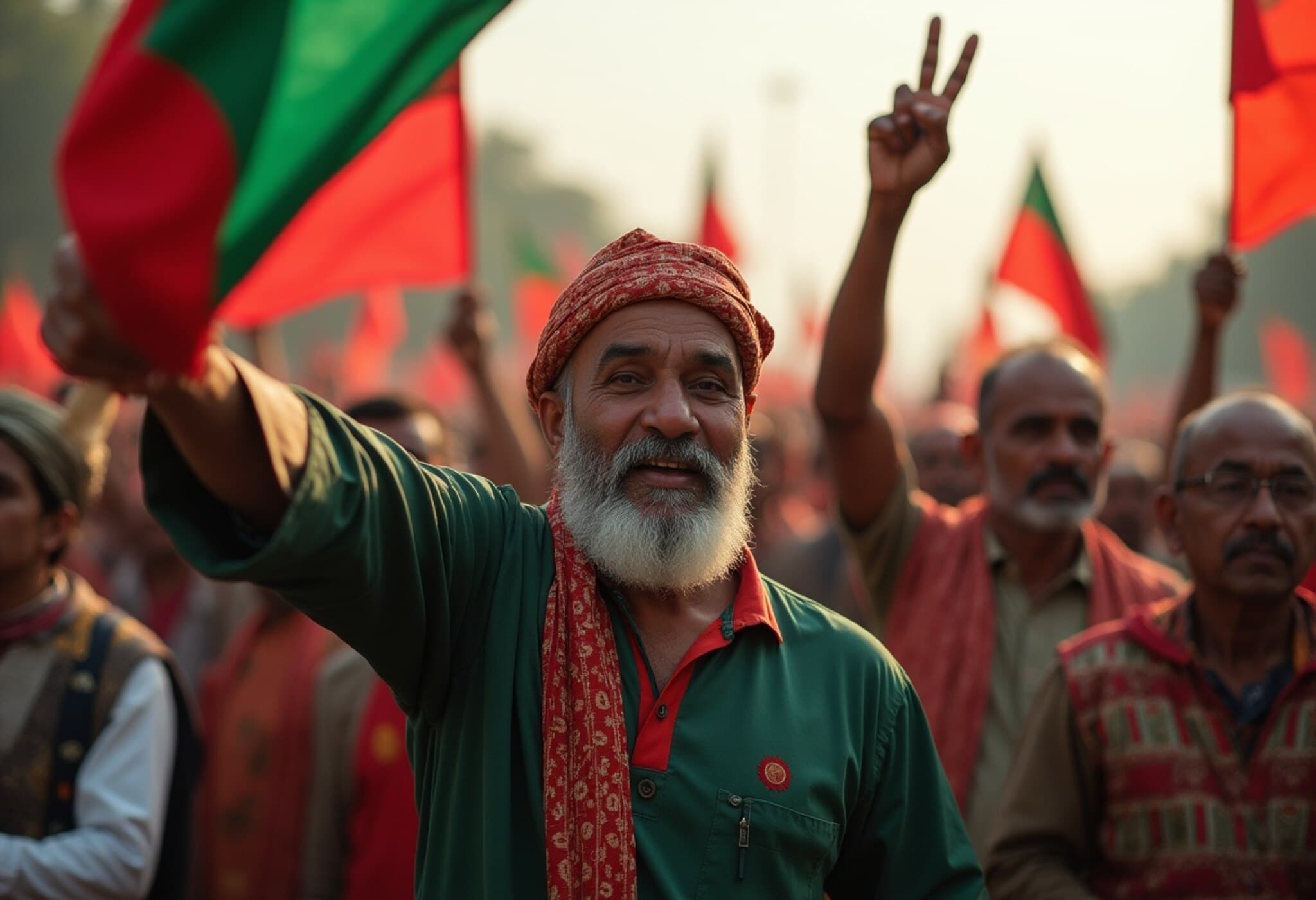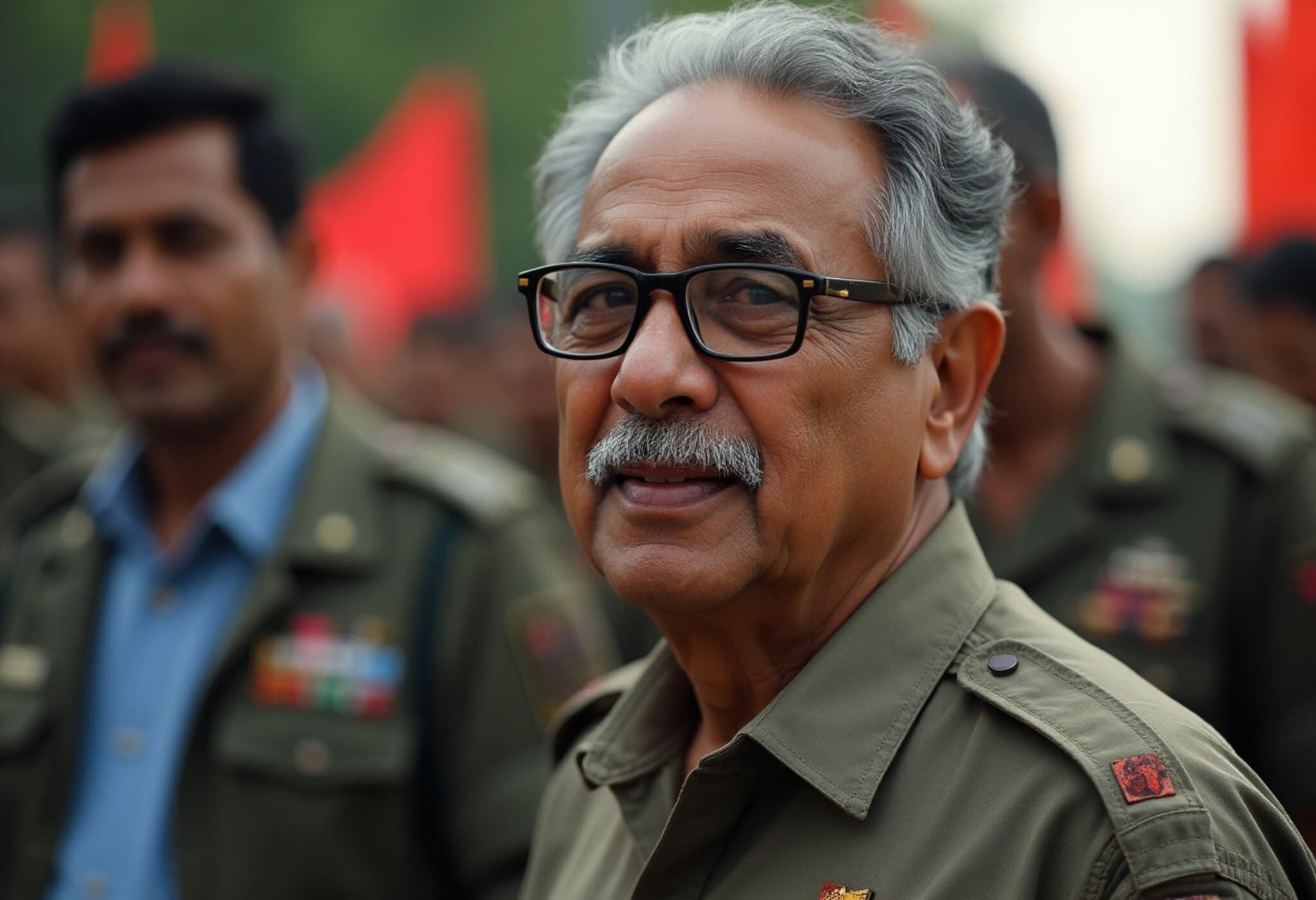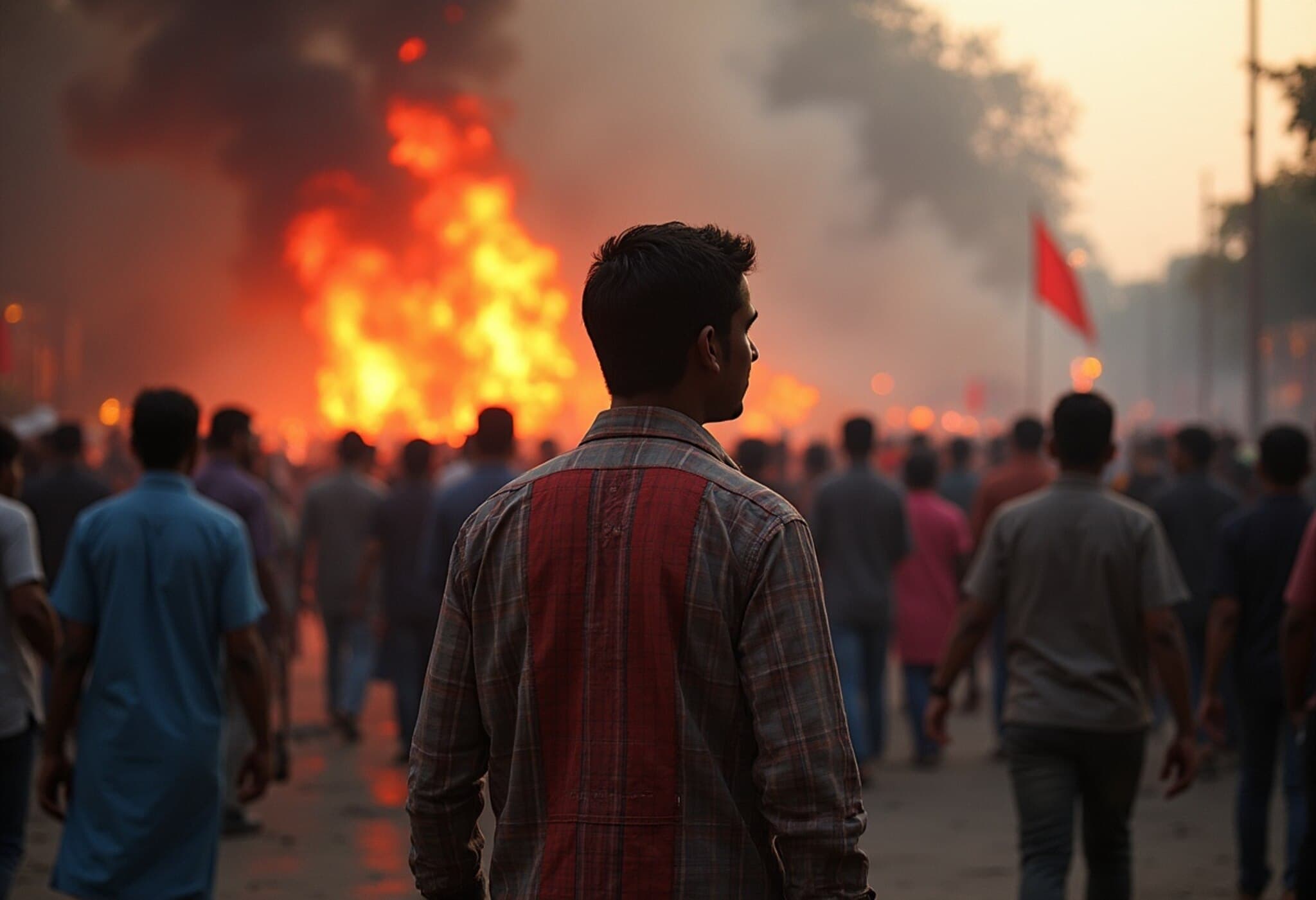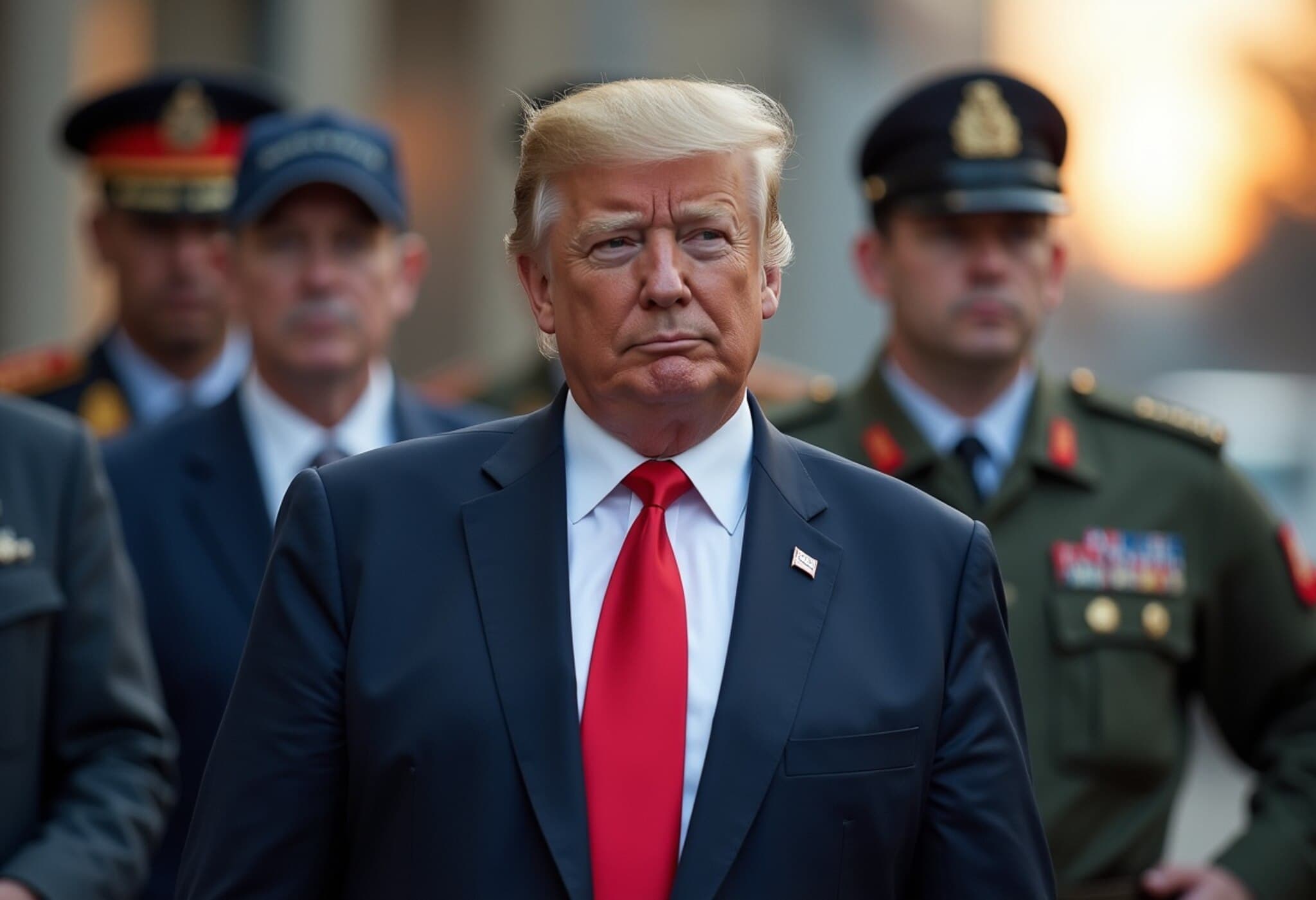Jamaat-e-Islami’s Calculated Maneuver to Marginalize BNP Before National Polls
In the tense political landscape of Bangladesh, a historic alliance appears to be unraveling with significant implications for the nation’s upcoming elections. Jamaat-e-Islami (JeI), a long-time Islamist ally of the Bangladesh Nationalist Party (BNP), seems to be orchestrating a strategic move to isolate and ultimately neutralize BNP as a major contender. This potential power play could reshape the future of opposition politics in Bangladesh.
Cracks in a Long-Standing Alliance
For decades, BNP and Jamaat have stood shoulder-to-shoulder, united largely by their opposing stance to the ruling Awami League. However, recent weeks have exposed a deep schism. Jamaat’s threats to push for BNP’s ban, despite their joint political history, signal a dramatic shift in Bangladesh’s opposition dynamics.
This development follows the fall of Sheikh Hasina’s government in 2024 and the rise of an interim administration led by Nobel laureate Muhammad Yunus, which has created a power vacuum and shifting alliances. Experts suggest Jamaat is seeking to consolidate Islamist influence by sidelining BNP, positioning itself as the dominant opposition force.
Campus Clashes: A Microcosm of Political Rivalry
The escalation of violent clashes over the weekend between Chhatrashibir (Jamaat’s student wing) and BNP’s student affiliates underscores the intensity of this rift. Historically, such infighting was unimaginable among allies.
- Reports of BNP student activists being expelled from Dhaka University hostels hint at tactics aimed at weakening BNP’s grassroots presence.
- Analysts interpret these confrontations not as isolated incidents but as steps in a broader strategy to provoke instability and justify bans on BNP under the guise of maintaining public order.
Jamaat’s New Strategic Alignments
While the BNP-Jamaat alliance fueled significant electoral victories in the early 2000s, it also entangled BNP in controversies linked to government Islamisation efforts, which still tarnish its reputation.
Currently, Jamaat is recalibrating its alliances. Its outreach to more hardline Islamist factions like Islami Andolan Bangladesh (IAB), alongside continued pressure on BNP, suggests an intent to overshadow the nationalist party.
Meanwhile, BNP leaders have started criticizing Jamaat's expanding ideological influence, particularly in education and health sectors, signaling a growing desire to reassert secular credentials.
A Political Elimination in the Making?
The unfolding scenario echoes familiar tactics in Bangladesh’s turbulent political history, where parties have frequently been suppressed under the pretext of national security or public order.
- Jamaat allegedly aims to provoke BNP into unrest, creating a justification for banning the party.
- This would remove a major secular nationalist competitor from the electoral playing field.
- Consequently, Islamist factions including Jamaat and its ideological allies could fill the power vacuum.
BNP’s Ideological Crossroads
With Awami League currently sidelined from the political race, BNP stands at a crossroads between reaffirming its secular legacy or continuing to navigate precarious alliances with Islamist groups to shore up electoral support.
This balancing act risks alienating both secular voters and Islamist supporters. Political analysts warn that without a clear, cohesive direction, BNP may lose not only votes but also its structural relevance.
Emerging Power Dynamics and the Role of Fundamentalist Groups
Jamaat’s deregistration has curtailed its formal political reach, but leveraging madrasa networks, student activism, and informal alliances with groups like Hizb ut-Tahrir reflects a strategic attempt to influence politics from the shadows.
If successful, these efforts could marginalize BNP and redefine Bangladesh’s political narrative leading up to the elections.
Editor’s Note
This unfolding political drama raises critical questions about Bangladesh’s democratic health. Will the opposition survive a strategic fragmentation designed by former allies? How will BNP navigate the tightrope between secularism and Islamist alliances in a rapidly changing political ecosystem? Observers should watch closely—these developments may set precedents for political maneuvering in South Asia, highlighting the complex interplay between ideology, power, and the quest for democratic pluralism.
As Bangladesh prepares for elections, the tenuous future of its opposition forces underscores the urgent need for clarity, unity, and a commitment to inclusive politics to prevent further polarization and ensure representative governance.

